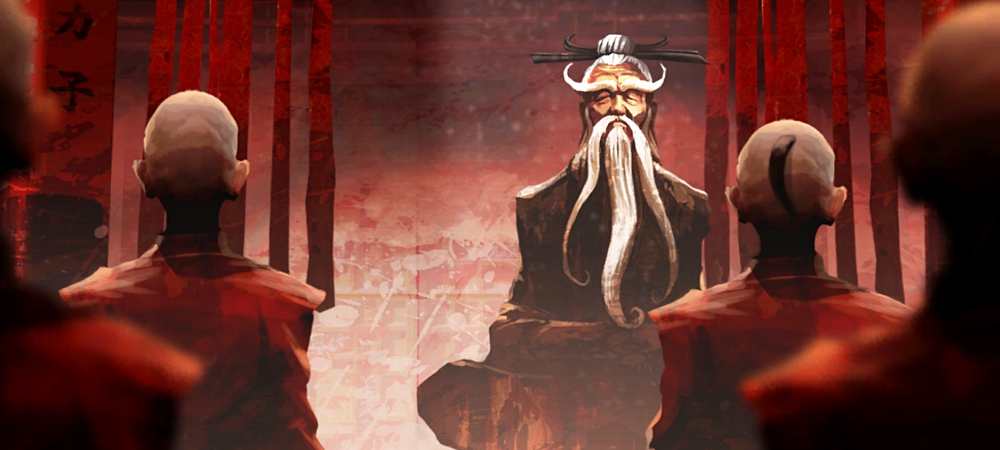Drowning out the native soundtrack just got easier
Last year, KickBeat released on PS3 and PS Vita, and we quite liked the “music dressed up as a fighting game.” The final word on it was that it featured solid rhythm gameplay, but was held back by a few questionable song choices and tedious means of unlocking content.
Concerning the latter, it appears that Zen Studios was listening to the criticism, as much more of the content is available without as much grinding. Regarding the former, well, at least it is easier than ever to import custom songs into the game.

KickBeat (PC)
Developer: Zen Studios
Publisher: Zen Studios
Released: January 20, 2014
MSRP: $9.99
Rig: AMD Phenom II X2 555 @ 3.2 GHz, with 4GB of RAM, ATI Radeon HD 5700, Windows 7 64-bit
By and large, KickBeat is the same core game on Steam as it was on Sony platforms. The core rhythm gameplay remains unchanged: players fight off waves of attackers to the beat of a song, by pressing buttons corresponding to the four cardinal directions at the right time. Though it sounds simple enough, it gets very difficult very quickly. The nonlinear presentation of “notes” to hit takes some getting used to, even for some who can cite read Rock Band tracks on Expert.
Truly, KickBeat has more in common with Bit.Trip Core than any other rhythm game, in that it requires the player to be watching the entire screen at once, focusing on no single onscreen element lest he miss something elsewhere. It takes a different part of the brain to get it right, but once it clicks, it feels pretty awesome.

With native controller support, the Steam version of KickBeat controls identically to previous iterations. Button prompts during gameplay sections show up with the familiar Xbox 360 button colors and labels. Somewhat jarringly, there are no button prompts for menu actions even though the controller can be used to navigate menus, so players must either switch to the mouse between songs or experiment to find out which button does what during these sections.
One of the complaints Chris made against the PS3/Vita version of KickBeat was that too much content was locked away for too long, where songs were not playable on a particular difficulty in Free Play mode until they were completed in Story Mode on that difficulty. Zen Studios added a welcome tweak to address this: now, all difficulty levels for a song are available in Free Play once the player has completed that song on any difficulty in Story Mode.
Additionally, Survival Mode is unlocked much sooner now than it was in the previous version. Every mode in the game, including Free Play, Beat Your Music, and Survival, is unlocked after playing through only about half of Story Mode.

Beat Your Music is largely unchanged on the surface, in that it requires players to import songs, do some rudimentary beat matching, then save progress before playing the song. In practice, it is improved simply because it is more common to keep music files on a PC than on a PS3. Beat Your Music is a bit disappointing in that it limits songs to six minutes in and will cut them if they run longer than that. The heavy beats of the Shatter soundtrack seemed perfect to try with KickBeat, but most of those tracks go over the mark.
All in all, KickBeat is only improved for its Steam release. It is still quite difficult and the native soundtrack is largely unchanged (more likely to fans’ chagrin than to their delight), but given the fixes to the progression of unlockable content and even more convenient custom song imports, KickBeat Steam Edition may very well be the definitive version to own.








